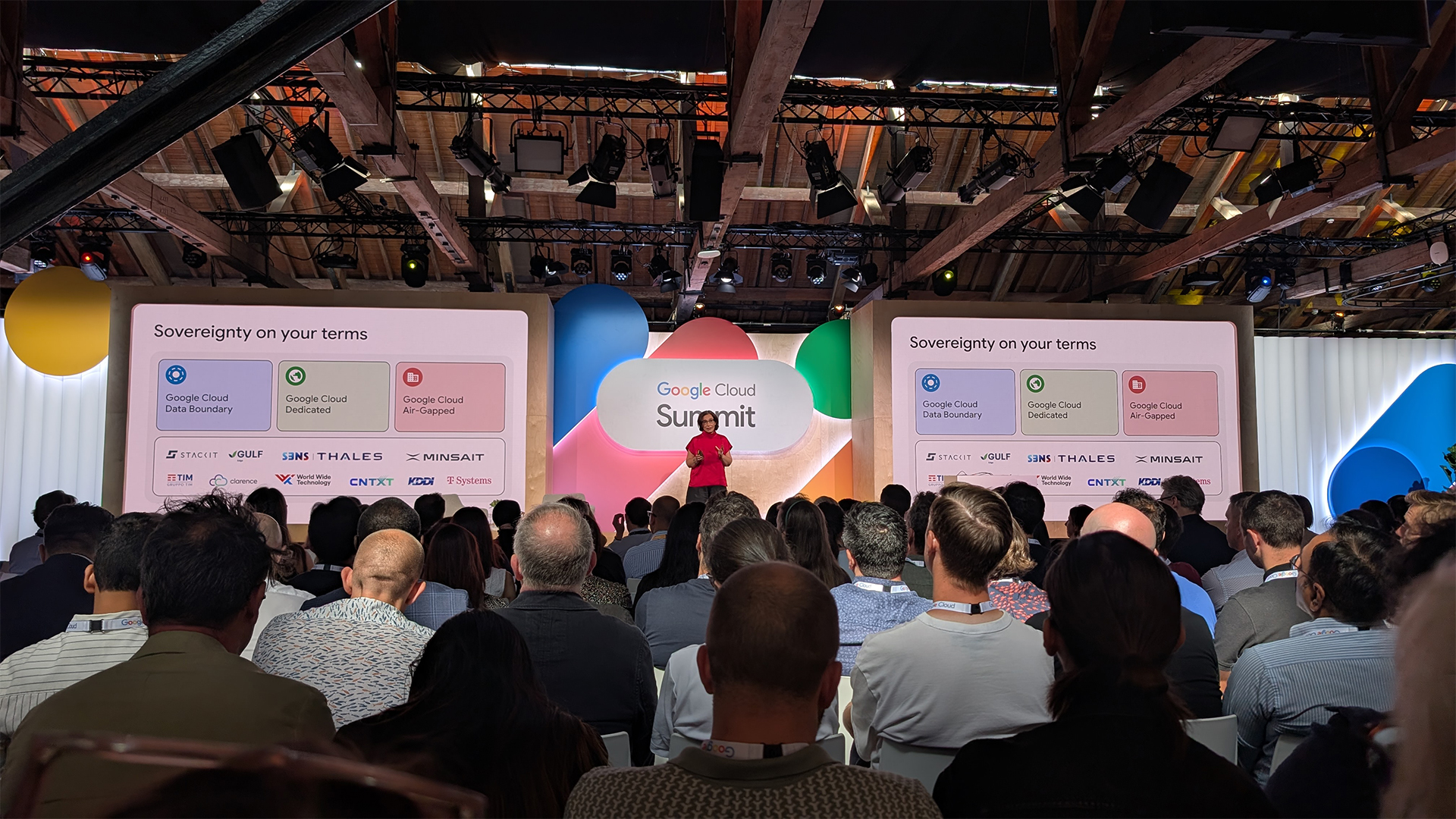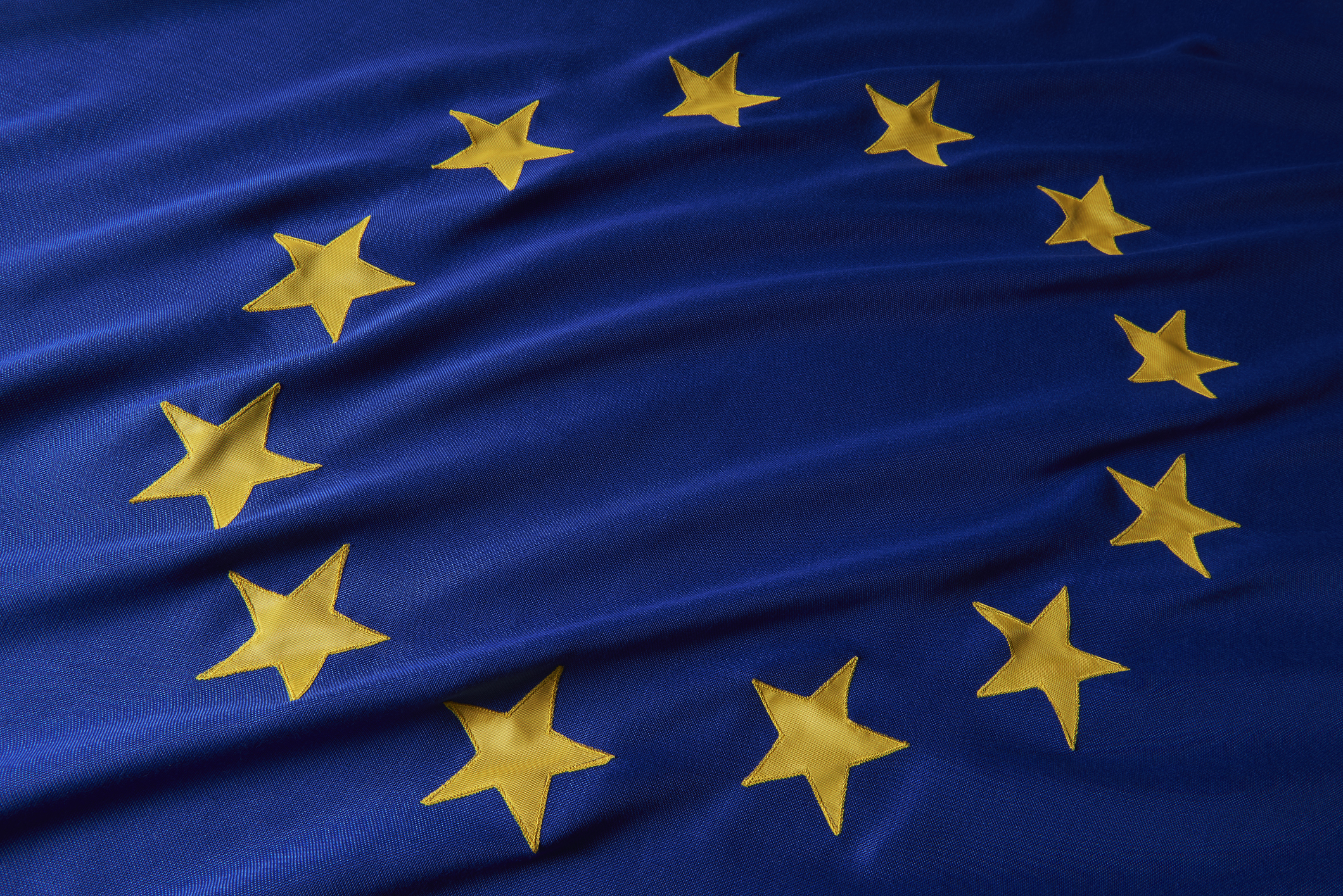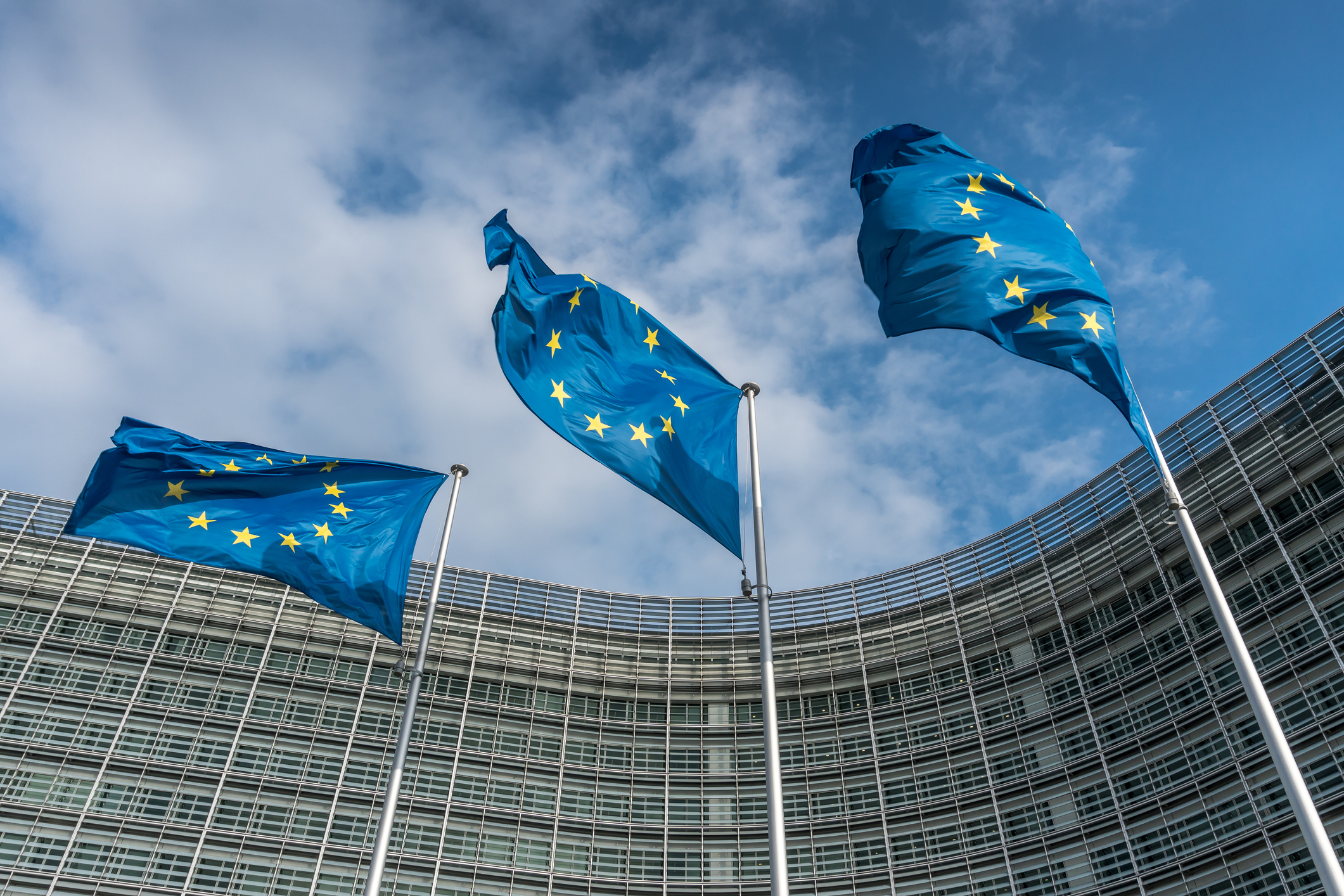Infosec: Safer internet depends on private sector
Neelie Kroes, vice president of the European Commission, said business must play its part in the development of a more secure online world.

The development of a safer, more secure internet will require greater input from the private sector, the vice president of the European Commission has claimed.
In the opening keynote at this year's Infosecurity event in central London, Neelie Kroes, set out a multi-pronged, Europe-wide strategy for protecting people against cyber attacks.
"The threats come from a variety of places and are [driven] by a variety of motivations, [including] profit, protest and political gain," she said.
Internet attacks come from a wide variety of sources and there is no simple solution
"Because internet attacks come from such a wide variety of sources, there is no simple solution."
This strategy will be executed during the third quarter of 2012, she revealed, and will require input from governments, businesses and individuals.
"Internet security cannot be left to the traditional instruments of national security, as if cyber space is just another military theatre," said Kroes. "We need a comprehensive response that...will enable a step change in how we assure internet security."
Sign up today and you will receive a free copy of our Future Focus 2025 report - the leading guidance on AI, cybersecurity and other IT challenges as per 700+ senior executives
The private sector will have a big role to play in this, stressed Kroes, because of the amount of ICT products it consumes and produces. "[Although]it should be in all companies' interests to improve security, regardless of where they sit in the ICT value chain."
"By building networks, a decent governance structure, providing the right incentives for the private sector [to play a greater role in IT security] and developing a vibrant internal [security product] market, we can have an internet that is safe and secure for everyone," she concluded.
-
 Google Cloud announces new data residency flexibility for UK firms, accelerator for regional startups
Google Cloud announces new data residency flexibility for UK firms, accelerator for regional startupsNews UK-specific controls and support for up and coming AI firms is central to Google Cloud’s UK strategy
-
 Workers are covering up cyber attacks for fear of reprisal – here’s why that’s a huge problem
Workers are covering up cyber attacks for fear of reprisal – here’s why that’s a huge problemNews More than one-third of office workers say they wouldn’t tell their cybersecurity team if they thought they had been the victim of a cyber attack.
-
 European Commission calls for cyber security proposals
European Commission calls for cyber security proposalsNews With a special focus on healthcare, the Commission is looking to allocate €145.5 million
-
 Forcing Apple to allow alternative app stores might cause major security risks
Forcing Apple to allow alternative app stores might cause major security risksAnalysis Apple will be forced to allow third-party marketplaces on its devices, but some experts have raised serious security concerns
-
 Why bolstering your security capabilities is critical ahead of NIS2
Why bolstering your security capabilities is critical ahead of NIS2NIS2 regulations will bolster cyber resilience in key industries as well as improving multi-agency responses to data breaches
-
 New EU vulnerability disclosure rules deemed an "unnecessary risk"
New EU vulnerability disclosure rules deemed an "unnecessary risk"News The vulnerability disclosure rules in the Cyber Resilience Act could also cause a “chilling effect” on security researchers
-
 Are you ready for NIS2?
Are you ready for NIS2?WEBINAR Find out what you should be doing to prepare for the EU’s latest data protection regulation and UK equivalent with our free webinar
-
 EU regulators are digging their heels in despite big tech’s Data Act pushback
EU regulators are digging their heels in despite big tech’s Data Act pushbackAnalysis EU regulators are no strangers to big tech regulatory push back, so why do companies still persist?
-
 Microsoft's EU Data Boundary will begin staggered rollout in January 2023
Microsoft's EU Data Boundary will begin staggered rollout in January 2023News Public sector and commercial customers will be the first to benefit when the rollout begins on 1 January across all of Microsoft's core services
-
 EU watchdog fights against rules permitting Europol's ‘unlawful’ data practices
EU watchdog fights against rules permitting Europol's ‘unlawful’ data practicesNews The pushback follows allegations that Europol was allowed to write its own rules when it came to handling sensitive data